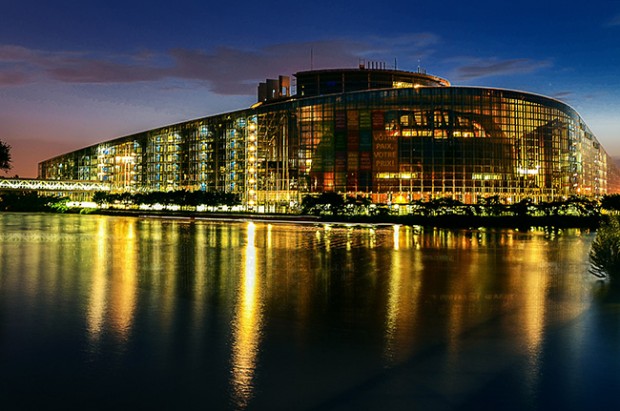18 August 2019 Edition
Challenging times ahead in European parliament
The Dublin government cannot be relied upon to defend Irish interests in Europe

Sinn Féin had a spectacular result in the European election in 2014, electing 4 MEPs – the first time any single party had ever been elected to represent every part of Ireland in the European Parliament. Five years on it’s useful to recall this fact – not by way of diverting from disappointment about the 2019 result, but in order to provide a bit of context.
Sinn Féin – with two MEPs – is still the second biggest party in Ireland. It polled 14.48% of the vote across 32 counties. Certainly the loss of two excellent MEPs and a dramatic decrease in the percentage vote is deserving of detailed analysis.
However we also need to look at a broader picture. For example Sinn Féin successes in the European Parliament over the last number of year have not been sufficiently acknowledged.
Among other things the Sinn Féin team of MEPs and activists:
- led the way on Brexit, eventually bringing the Dublin government and the EU to positions broadly defined by Sinn Féin.
- placed Irish unity on the agenda in the EU in a way it has never before been.
- gained firm commitments to post-Brexit funding in the PEACE and INTERREG programmes.
- challenged the Dublin governments complicity in helping large multinationals avoid paying taxes.
- ensured that Ireland used its ability to opt out of domestic metered water charges.
Sinn Féin MEPs also raised and campaigned on countless other issues which would otherwise have been ignored by the establishment parties.
The reduced numbers of Sinn Féin MEPs might come as a relief to Fine Gael and Fianna Fáil, but that would underestimate the tenacity and resolve of the Sinn Féin team in Europe.
By way of additional context, the result for left-wing forces across the EU was poor. Small advances in some countries were offset by greater losses in others. The group of the European United Left/Nordic Green Left (GUE/NGL) went from 52 seats in the European Parliament in 2014 down to 41 seats in 2019, with some parties dropping out of the Parliament completely.
As an aside, many people around the EU must be looking, somewhat superficially, at the 14 MEPs elected and concluding that Ireland looks ripe for social, economic and ecological transformation, with half its MEPs being in GUE/NGL (5) or the Greens (2).
So where does that leave Sinn Féin in the European Parliament?
The challenges are not reduced. On the contrary, Brexit will certainly increase Ireland’s difficulties in the time ahead – deal or no deal.
The appointment of a former defence minister to the post of Commission President looks set to speed up moves towards EU militarisation.
There are major debates coming up on the Common Agricultural Policy – at a time where Brexit presents major difficulties for Irish agriculture, which is only increased by the mass import of Brazilian beef through the Mercosur trade agreement.
The logic of the Green Parties around Europe in putting the emphasis on individual responsibility rather than on system change looks set to be embraced by the establishment – in the process doing nothing meaningful to respond to the very real climate emergency the world faces.
Vulture funds and bank bail outs take precedence over the real interests of ordinary people throughout the continent.
Blind eyes are being turned to human rights violations across the EU as far-right policies become increasingly mainstreamed.
Across these, and the whole range of EU policies, the Dublin government cannot be relied upon to defend Irish interests. And they will be happy that Sinn Féin is in a less strong position in terms of holding them to account.
The outworking of Brexit will probably remove representation from the North of Ireland – leaving Sinn Féin as the only party in a position to genuinely represent the interests of people in the north in the EU. The Dublin government could ensure direct representation for the north by insisting on having observer MEPs. This would be a reasonable ask, as the north is on a trajectory to rejoin the EU following a border poll in the coming years. The difficulty is that it would require the Dublin government to have the will to do so.
Challenging times ahead
The point now for all Sinn Féin activists must be not just to interpret the election result but to change it five years hence.
• Brian Carty is a special adviser on Brexit for GUE/NGL group in the EU parliament



